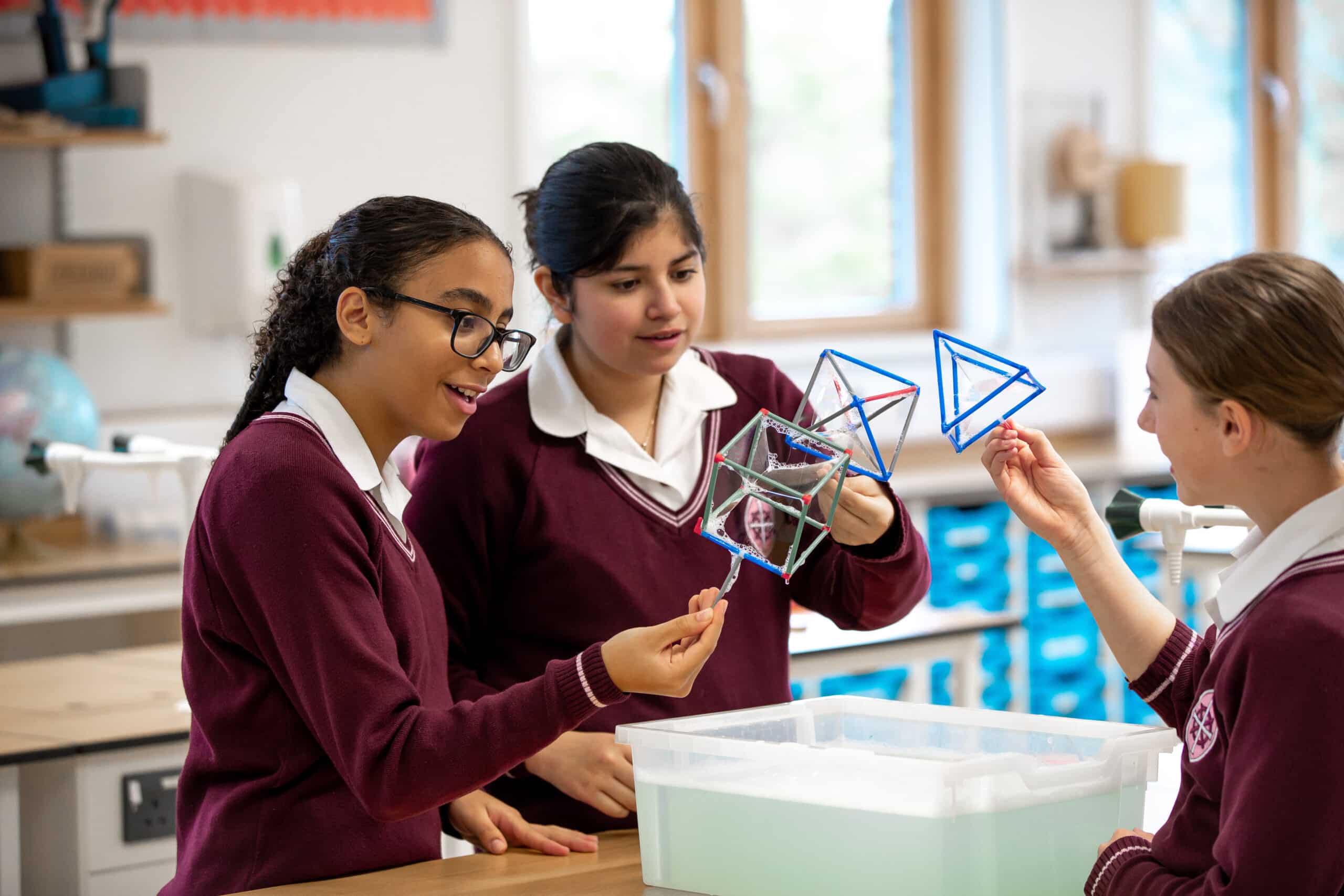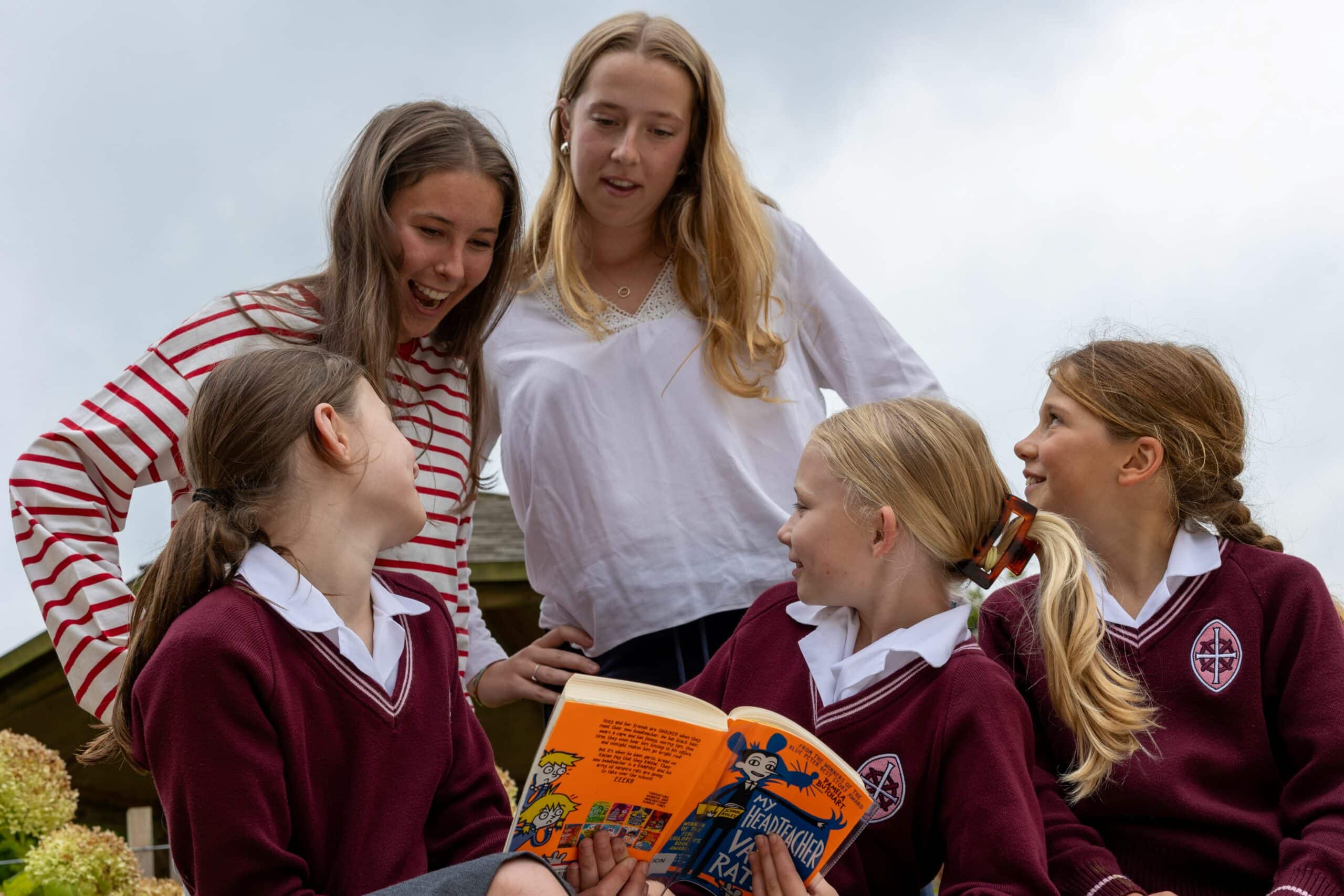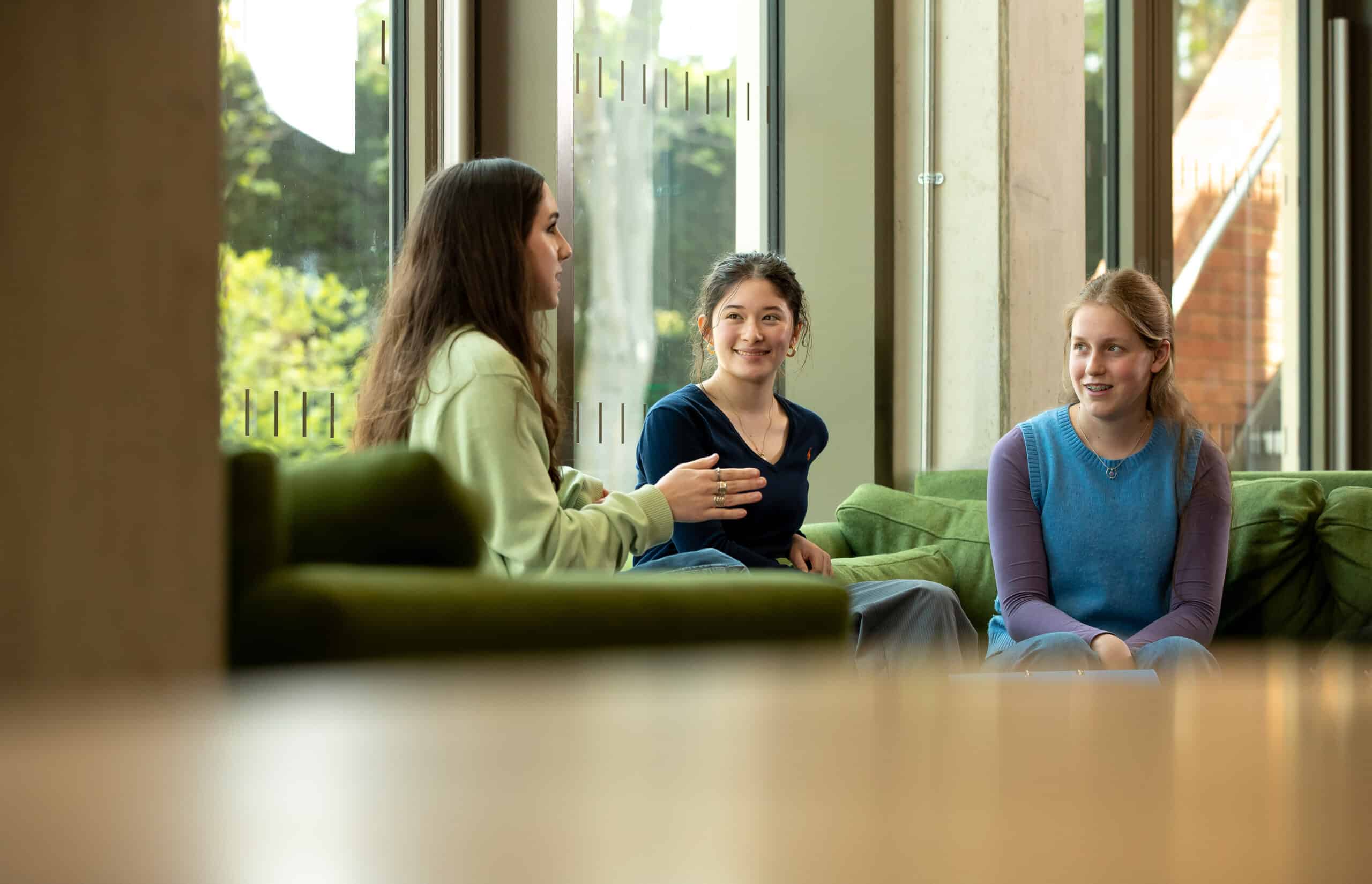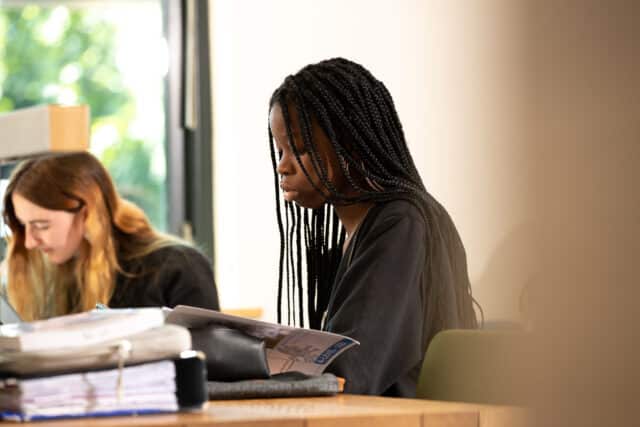The Classics Department offers A level Latin for students who have already studied the subject for GCSE. You will develop your language skills and reading fluency and plunge into the ancient world to a greater depth. Through reading the words of influential Roman authors, you can gain a fascinating insight into their politics, relationships and philosophies of life.
Latin literature can be particularly exciting when we find our own thoughts and feelings reflected back to us, and at other times Roman values can be disturbing and uncomfortable. This helps us to explore our own humanity, and the study of a remote culture provides a useful vantage point for reflection on our own.
Topics studied
Language
In language lessons, you will hone your linguistic skills, learning in depth how the grammatical details of the language operate. You will read passages from a wide variety of prose and verse authors to develop the fluency of your translation. This includes poets such as Virgil and Ovid, the speeches of the politician Cicero, and the works of the historian Livy, who dusts off the sands of time from some of the oldest Roman legends. You will build on your GCSE vocabulary and learn precise linguistic analysis of grammatic forms and constructions. This prepares you for papers in unseen translation and comprehension. Translation from English into Latin is an option.
Literature
The Romans wrote some brilliant literature. Their poetry can be moving, subtle, allusive, learned and witty. They tell great stories, often enhanced by interplay with their Greek predecessors. Since Latin is an inflected language, the word order can be manipulated to create a wealth of interesting literary effects. In prose, too, Roman authors have served as models for rhetoric and history, showing how aptly chosen words can eviscerate an opponent or offer an acerbic commentary on historical events.
For A level, we study two prose authors and two verse authors, or two halves of a longer text. We also read additional material in English, to give context to the texts. Translation of the text is fundamental, and you will develop skills of critical analysis, learning to appreciate the text in a sophisticated way. Many Roman authors we study were writing at moments of great upheaval or transition in their history, and understanding their historical context can often add to the meaning and power of the text.
Prose texts
The prose set text is likely to include sections from Cicero’s defence speech ‘Pro Roscio Amerino’ in which he vigorously defends a son who is charged with killing his father. The dangerous political background to the speech increases the jeopardy. We will also study selections from the historian Tacitus, who cynically explores life under the emperor Nero.
Verse texts
The verse set text includes selections from Aeneid 4, which tells the story of the tragic love affair between Aeneas and Dido, queen of Carthage. Another possible text is Ovid’s witty version of the Jason and Medea story. We follow the OCR curriculum. There is no coursework. Both language and set texts are tested in examination papers at the end of Upper Sixth.
100%
A*–A in A level Latin in 2024
Italy
trip with Classics and RPE Departments
Academic enrichment
There are lots of opportunities to explore the classical world in greater depth. Every other year there is a trip to Italy or Greece. Closer to home there are often lectures to attend. We have recently welcomed speakers on ‘West African civilisations’ and ‘Aristotelian virtue ethics and the skill of translation’. Interested students also went to hear Professor Mike Edmunds on the Antikythera mechanism and Ancient Greek computing. There is an annual conference on the Latin set texts, we frequently enjoy success in the Latin and Greek reading competition at the University of Oxford. We offer a Sixth Form Classics Society and interested students help to run Helicon Club for the younger years. We can also help students to arrange archaeology experience or language summer schools. For those thinking of applying for classical subjects at university we offer help preparing for admissions tests and interviews.









